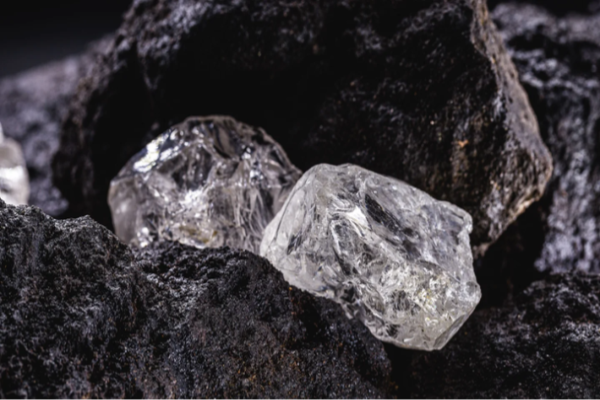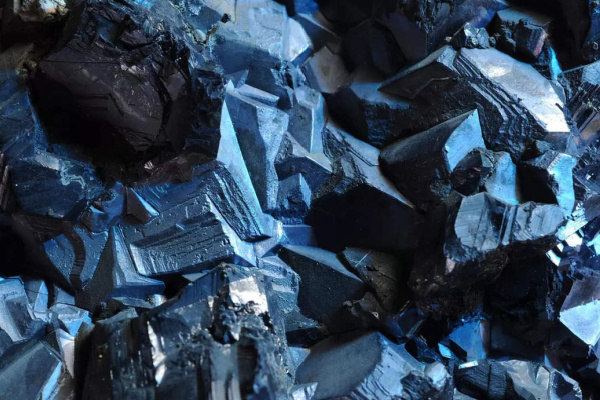




The IES “New Rare Minerals” study programme is undertaken to contribute towards ensuring efficient and sustainable lithium extraction in Ghana through highlights and promotion of best practices to avoid potential factors that could derail Ghana’s effort towards deriving maximum benefits from the extractive resources, particularly as the country recently discovered lithium in commercial quantities, and hopes to venture into mining of the resource.
Rare minerals are valuable resources with diverse applications in various industries, including electronics, renewable energy, aerospace, and telecommunications. The economic significance of lithium in promoting sustainable economic development whiles advancing the tenets of climate change outcomes and energy transition cannot be overemphasized. However, considering the devastating impact of gold mining suffered by host-mining communities and the country as a whole, there are emerging voices of caution, concerns and fears raised by concerned Ghanaians about the potential adverse impacts of lithium mining on the livelihoods, land, environment and socio-economic infrastructure of host-mining communities.
The New Rare Minerals Assessment program seeks to put the spotlight on communities where lithium is discovered and mined, and assess their potential for economic development and advancement of climate change tenets and energy transition. The study programme will employ a variety of research methods and techniques in the process of gathering data and analysis. The IES team will conduct field visits to host-communities where lithium deposits were discovered, and data will be collected from a cross section of the population. Official interviews will also be conducted in addition to analysis of existing literature on the subject matter.
The key objectives of the project are as follows:
Identify and conduct comprehensive assessment of the numerous lithium concessions and licenses issued by government, identifying key partners and players in the space.
Assess the socio-economic impact of lithium exploration and mining on the national economy, including revenue generation, job creation, and foreign direct investment. Examine the sector's contribution to gross domestic product (GDP), government revenues, and its implications for socio-economic development and diversification.
Investigate the social and environmental implications of lithium exploration and mining on host-communities, including community engagement, social license to operate, and environmental sustainability.
Analyze the potential risks and benefits associated with the sector, and identify opportunities for stakeholder participation and mitigating negative impacts.
Evaluate the governance framework and regulatory mechanisms governing lithium exploration and mining.
Advocate for transparency, accountability, and good governance practices, including revenue management, contract transparency, and anti-corruption measures. Encourage the adoption and implementation of international best practices and standards.
Facilitate dialogue and collaboration among key stakeholders, including government agencies, industry players, local communities, and other civil society organizations (CSOs).
Foster partnerships and information sharing to ensure broad-based participation and inclusive decision-making processes.
This project will deliver the following outputs:
a. A comprehensive report detailing the results from the study, with emphasis on shortcomings, challenges, and opportunities for improvement.
b. A set of actionable recommendations for policy reforms, regulatory improvements, and institutional strengthening.
c. A collaborative effort of key stakeholders to ensure the dissemination of findings, promote dialogue, and foster a shared understanding of the lithium extraction space' challenges and potential growth.
d. Training programs and workshops to enhance the technical and managerial capacities of relevant stakeholders in the lithium extraction sub-sector.
e. Increase in public awareness on the social and environmental implications of lithium exploration and mining on host-communities, including community engagement, social license to operate, and environmental sustainability.
f. Understanding of the sector's contribution to gross domestic product (GDP), government revenues, and its implications for socio-economic development and diversification.
g. Understand of the socio-economic impact of lithium exploration and mining on the national economy, including revenue generation, job creation, and foreign direct investment.
h. A risks and benefits register relating to lithium exploration and mining, and understanding of opportunities for stakeholder participation and mitigating negative impacts.